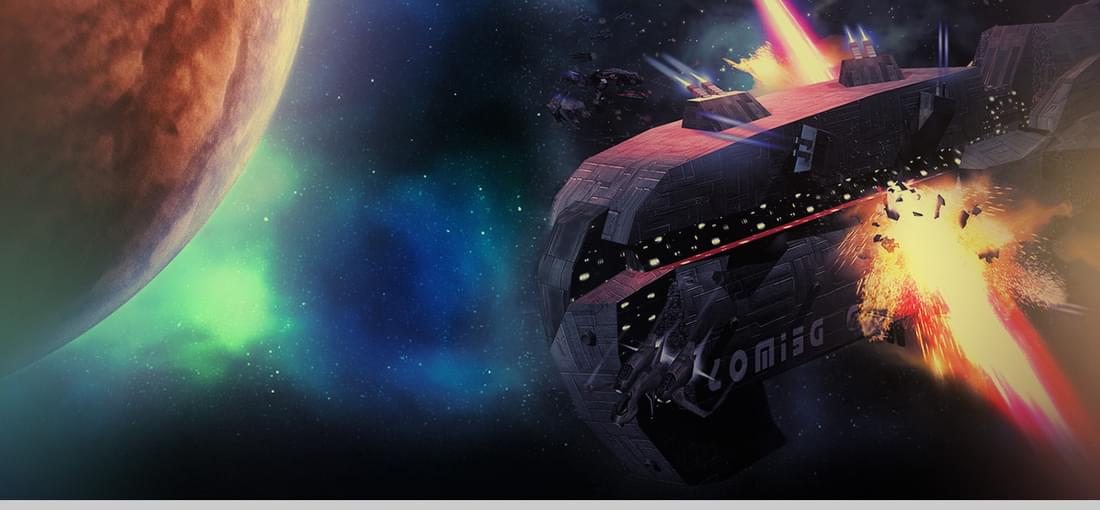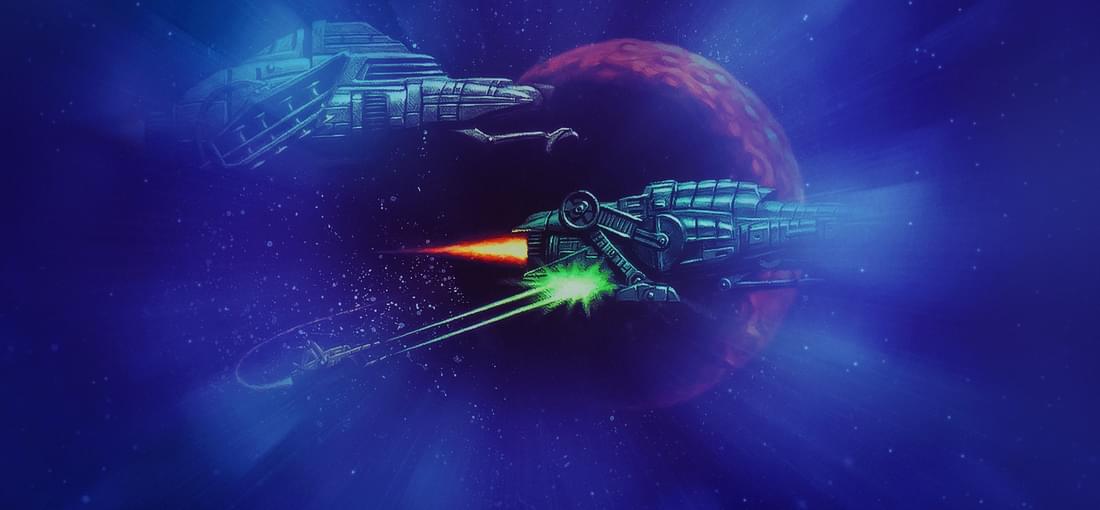


You should play it to find out. :P In all seriousness, here are some thoughts on why Freespace 2 is a classic of the genre in no particular order: 1. Mission Design - okay so there is no random campaign generator which I love from my flight slims, but the missions are, by and large, very well constructed - intense (with multiple, changing objectives in mission), feasible (always important), and logical (they fit well into the story). 2. Story Elements - Voice acting, writing, atmosphere, and story structure are all very well done. The story is dark and gritty with twists which never feel too gimmicky. Admiral Bosch, Petrarch, and Commander Snipes are all memorable characters. The atmosphere cultivated in the game is perfect for a military space sim with a pervading sense of doom and a dash of hope and wonder. The developers tread the line between giving the pilot a nice feeling of importance, but also of being a "cog in the wheel". This goes hand-in-hand with Mission Design and Gameplay elements. Personally I would have gone for more of the cog-in-the-wheel approach with a random campaign generator, but that wasn't the modus operandi for military space sims (and still isn't). I think there was something ineffable about the story, especially with some of its unanswered questions, that keeps it alive with people making mods. Freespace 1 and 2 together told a grand, almost mythic space opera and story of survival against the odds to which a lot of people connected. 3. Gameplay elements - Scale. Much more so than in Freespace 1, you and the rest of your fellow fighters will be scurrying underfoot while behemoths bludgeon each other. It makes for a very intense battlefield. Other than that the gameplay elements are very similar to Freespace 1, except more polished in areas that needed it. The Freespace Open Source engine keeps them up-to-date and polishes them further. The visuals in the FSO engine are really quite spectacular and just beautiful. The open source engine and FRED tools have also kept the game alive with new fan-created mods and an engine that refresh the game and improve its performance on modern systems. I don't think Freespace 2 brought anything truly unique to the table (that crown goes to Independence War 1 for bringing in Newtonian physics around the same time as FS2), except perhaps the aforementioned sense of scale, but it does everything it does do very, very well. It learned from its predecessors and improved upon them. Now whether or not Freespace 2 was the best of the 90's space sims or of any of the space sims, I'll leave to the judgement of history because it has some pretty tough competition. However, I think that for the reasons stated, Freespace 2 should indeed be held in high regard as a classic of the genre for the quality of its craftsmanship.

Each of these games are classics of computer gaming, are very influential on the development of modern 4X games, and in many ways are still every bit their equal despite the "datedness" of the graphics. They both feature turn-based strategic and tactical maps, allowing you to make high-level imperial decisions and also engage in tactical combat with ships you design. Each offer different takes on Imperial management and some may prefer one over the other. In MoO1, much of the direction is handled by funding and research sliders which stipulates how much is to be spent on each area of the economy and how much expertise to assign to each research field. In MoO2, one has discrete population units assigned to various lines of work and you build specific buildings to your colonies. In MoO2, you research one field of study at a time. There are of course many other differences, but these cover the basic differences in management between the two games. Thankfully with GOG you don't have to choose, you get both in the same package! For the great price and minuscule amount of space they require, you should definitely buy these classics.